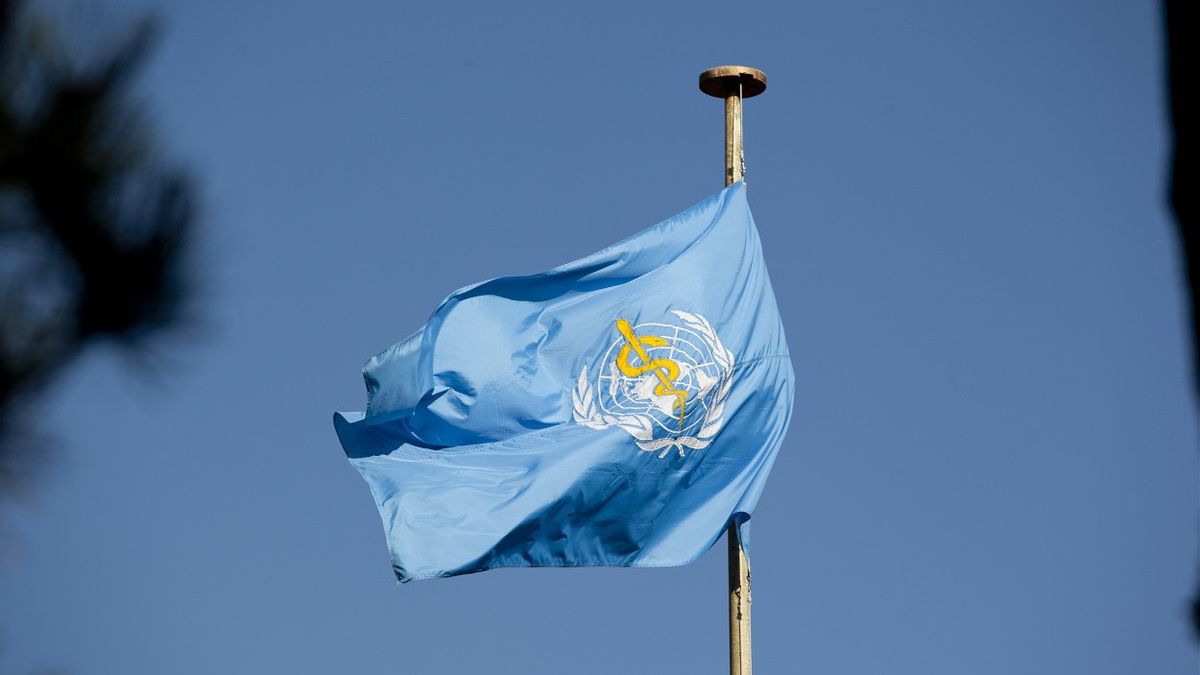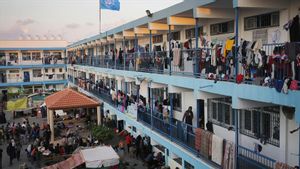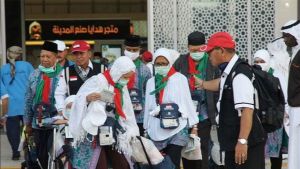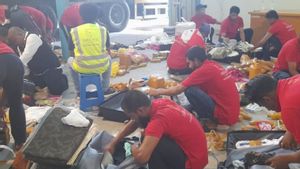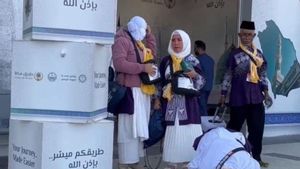JAKARTA - The World Health Organization (WHO) has confirmed there have been 131 cases of monkeypox and 106 further suspected cases since it was first reported on May 7 outside Africa, Tuesday.
Although the outbreak is unusual, the monkey virus outbreak remains "controllable" and limited, the WHO said, and is holding further meetings to support member states with more advice on how to tackle the situation.
Monkeypox is a mild viral infection that is endemic in parts of west and central Africa. The virus is spread mainly through close contact, and until recent outbreaks it was rarely seen in other parts of the world. Most of the recent cases have been reported in Europe.
"We urge all of you to step up monitoring of monkeypox to see where the transmission rate is and understand where it is heading," said Sylvie Briand, WHO director for Global Infectious Hazard Preparedness.
He said it was unclear whether the cases were the "tip of the iceberg" or whether the peak of transmission had passed.
Speaking at the World Health Assembly in Geneva, Briand reiterated the WHO's view that it is impossible for the virus to mutate, but said transmission may be driven by changes in human behaviour, especially as people return to socializing as COVID-19 restrictions are lifted worldwide.
Many, but not all, cases of monkeypox infection have been reported in men who have sex with men, and Briand says it's important to try to prevent sexual transmission.
Monkeypox has a characteristic fever and bumpy rash. The West African type of monkeypox, identified in the current outbreak, has a mortality rate of about 1 percent.
While he said the outbreak was "abnormal", he stressed it was "controllable". There are also vaccines and treatments available for monkeypox, he added, calling for appropriate containment measures, more research, and global collaboration.
The English, Chinese, Japanese, Arabic, and French versions are automatically generated by the AI. So there may still be inaccuracies in translating, please always see Indonesian as our main language. (system supported by DigitalSiber.id)
